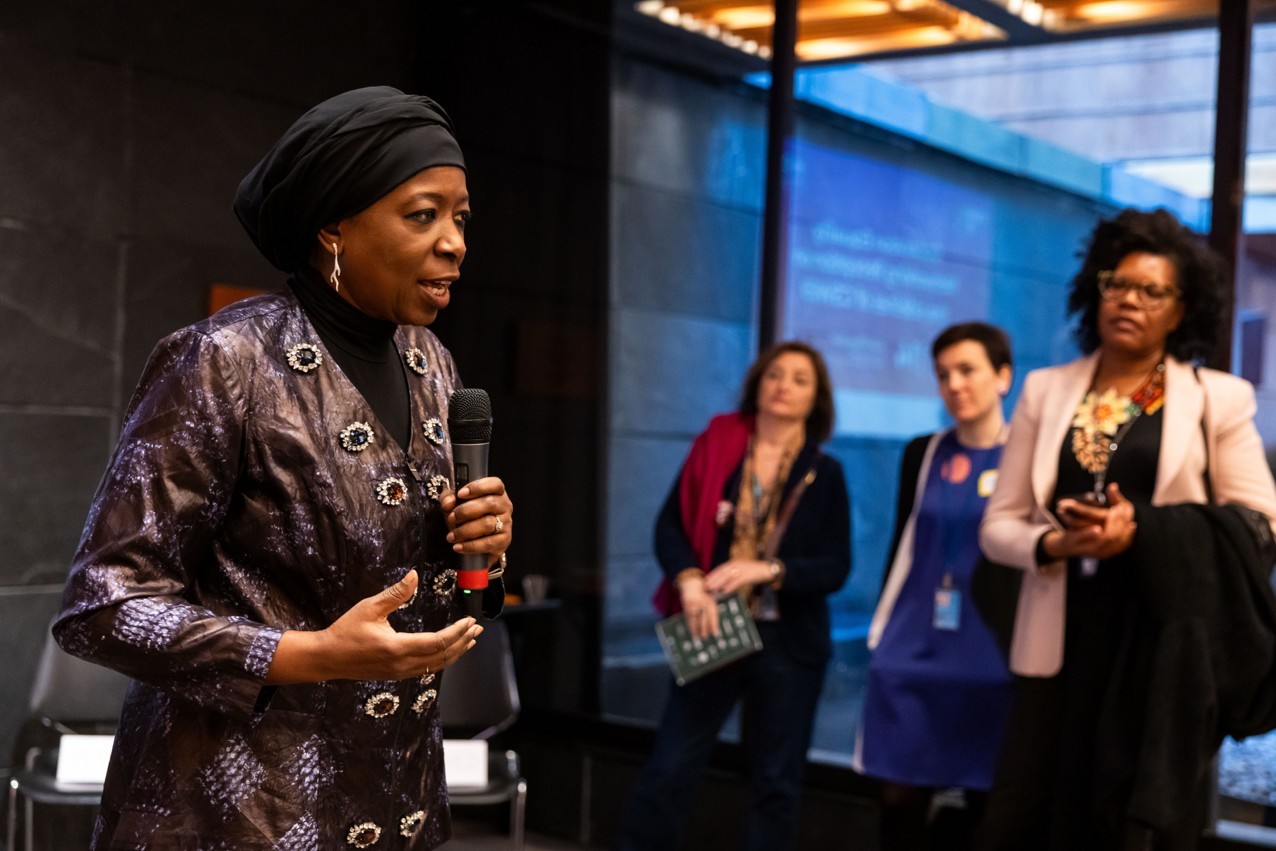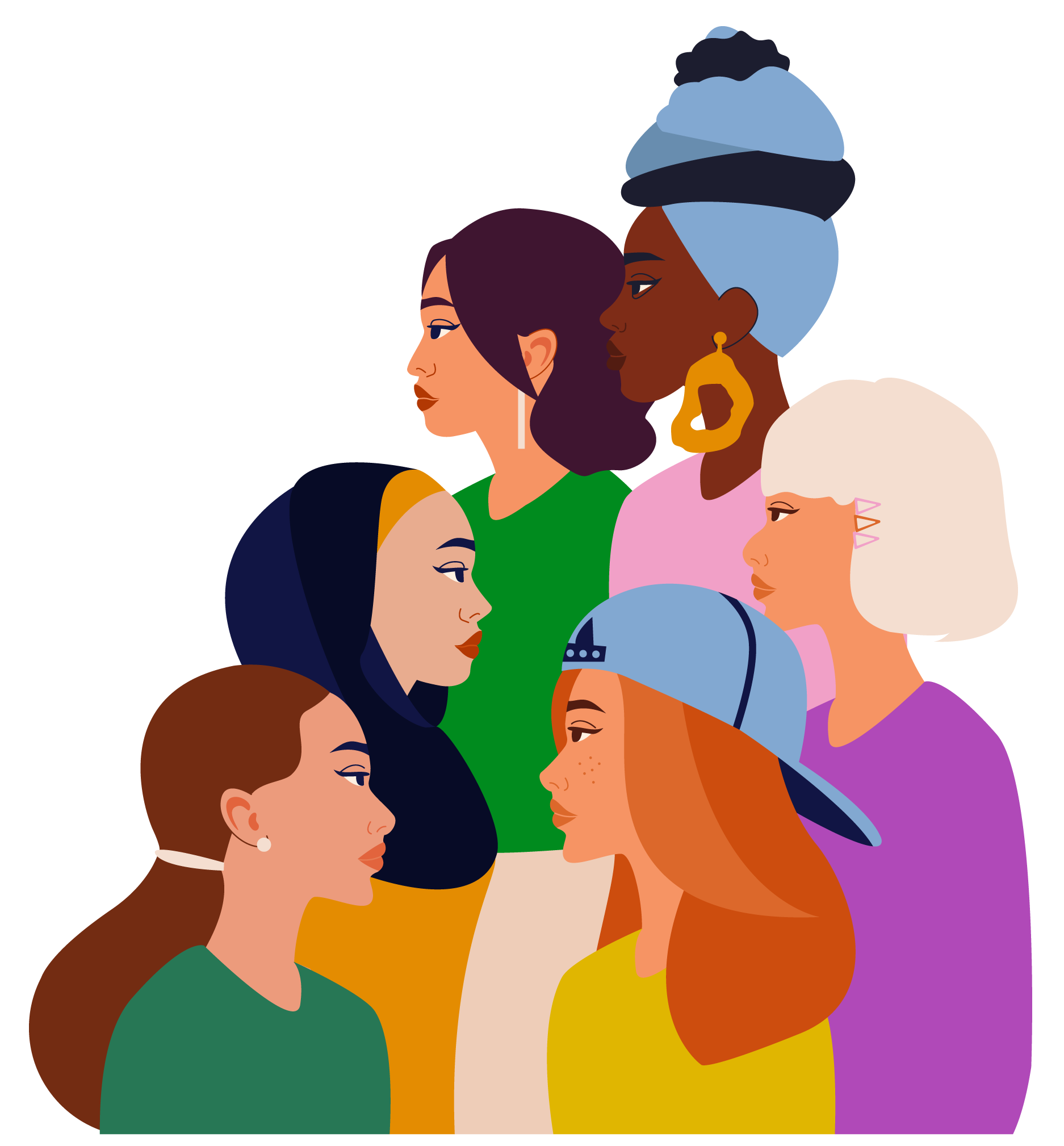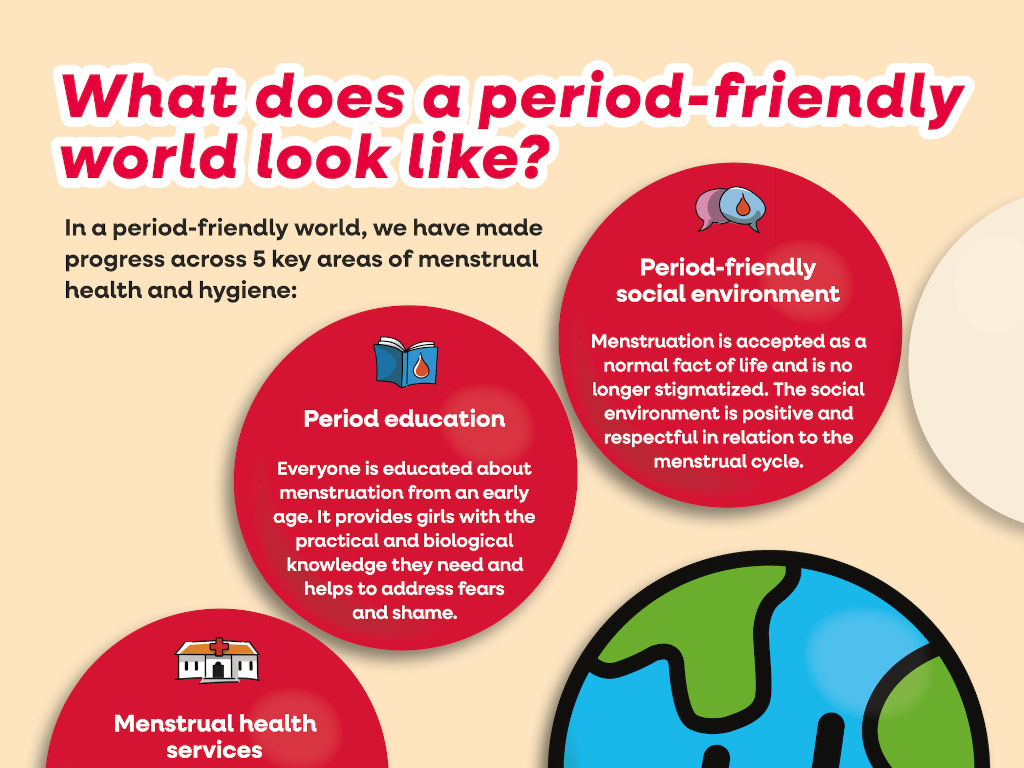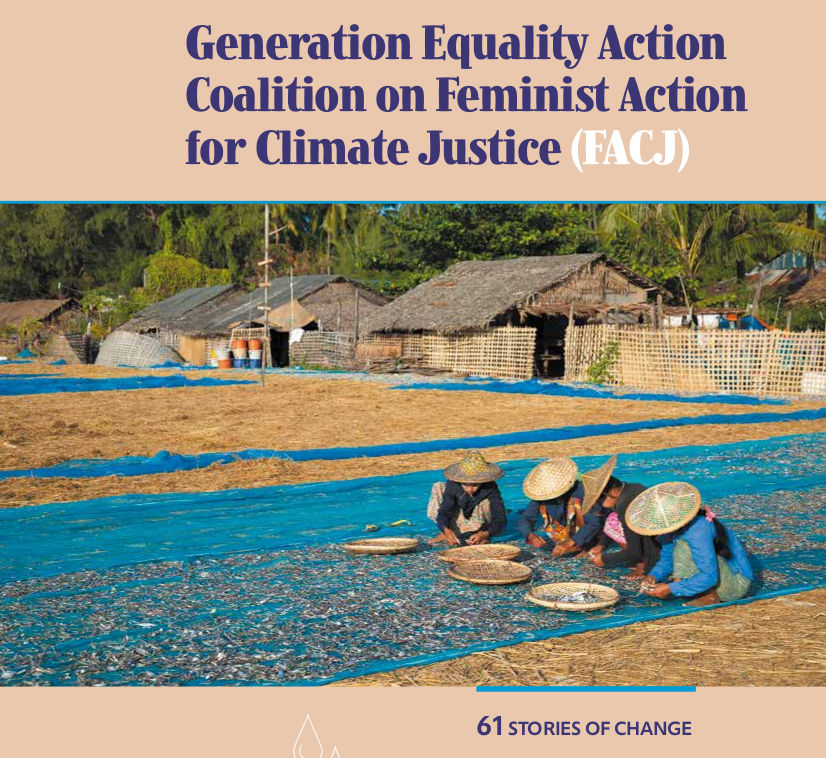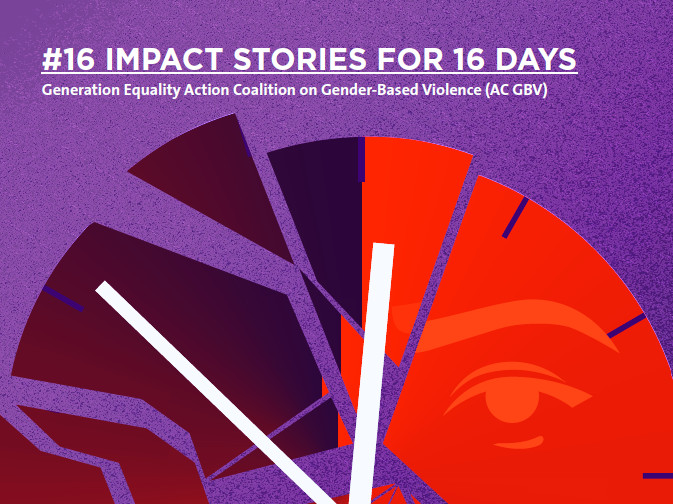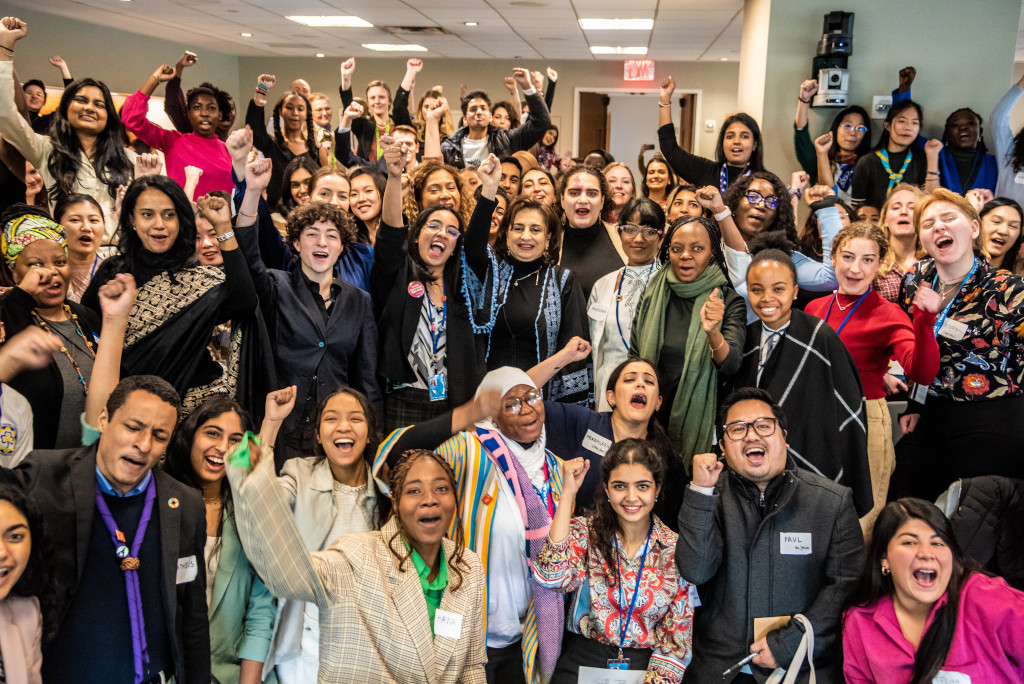AUTHOR OF THIS BLOG:
Laura Gagliardone, UN Women Programme Coordinator
LEADERSHIP:
Papa Seck, UN Women, Chief of Research and Data Section
Maureen Gitonga, UN Women Accountability Framework Lead
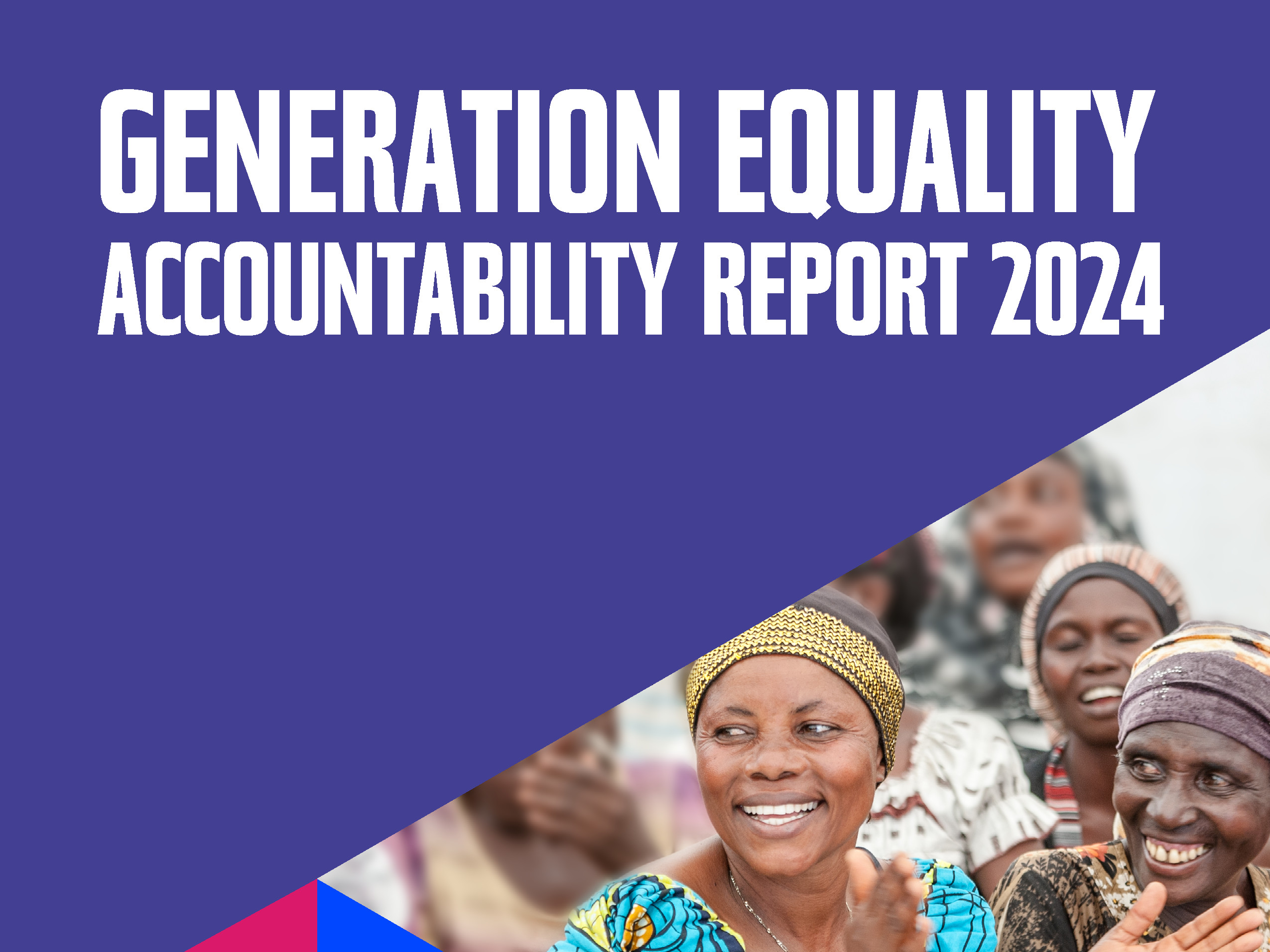
What is Generation Equality?
Launched in 2021 during the 25th Anniversary of the Beijing Platform for Action, Generation Equality is a five-year initiative promoting collective action, solidarity, and large-scale investments aimed at advancing gender equality and empowering women and girls. Uniting over 1,000 governments, civil society, youth and adolescent-led organizations, private sector entities, and multilateral institutions, Generation Equality demonstrates how the gender dimensions of the 2030 Agenda and the Beijing Platform for Action can be accelerated through collaborative efforts. Together, these stakeholders are formulating and implementing concrete commitments to improve the lives of women and girls worldwide.
Generation Equality is powered by innovative, multi-stakeholder partnerships organized into six Action Coalitions and the Women, Peace and Security and Humanitarian Action (WPS-HA) Compact. The Action Coalitions mobilize governments, civil society, international organizations, and the private sector to catalyze collective action, spark global and local conversations among generations, drive increased public and private investment, and deliver concrete, game-changing results for girls and women. The Compact focuses on the implementation of existing commitments on WPS-HA by establishing a voluntary monitoring and accountability process, strengthening coordination, and promoting financing for and wider awareness and visibility of the women, peace and security agenda and on gender equality in humanitarian action.
UN WOMEN’s commitment to accountability
At the core of Generation Equality is a steadfast commitment to accountability, underpinned by a comprehensive Accountability Framework which tracks annually through a survey and self-reporting progress towards the ambitious promises made to uplift women and girls globally. The framework also includes biannual analyses of the Action Coalition blueprint targets, annual assessments against the WPS-HA Compact Monitoring Framework, evaluations of the core principles of feminist leadership, intersectionality, and transformation, and the sharing of impact stories. This approach fosters transparency, shared responsibility, and data-driven decision-making.
What are the findings of the 2024 Accountability Report?
Now in its third edition, the 2024 Accountability Report finds that Generation Equality is delivering tangible, high-impact results. Through new data analysis, impact stories, and exemplary practices, the report confirms and consolidates the solid progress reported at the midpoint last year. Based on 1,308 reported commitments, 16 per cent of commitments are now completed and 75 per cent are in progress. Financial commitments, which constitute the backbone of Generation Equality, have increased to $50.3 billion, exceeding by 25 per cent the $40 Billion committed at the Paris Forum in 2021 which marked the launch of the initiative.
Generation Equality is also driving significant impact through 1,926 new or scaled up policies, 4,448 programmes, and 5,739 advocacy initiatives. Additionally, the Signatories of the WPS-HA Compact have helped reach at least 24.8 million women and girls in 2023. Signatories reported spending at least $1.5 billion in 2023 to support women’s participation in peace processes, ensure economic security, and towards leadership and protection. More than half of reporting Signatories adopted a new law, plan, policy or strategy to support the implementation of their Compact commitments and almost all of them referenced youth and intergenerational initiatives in their reporting. Importantly, through numerous examples, Commitment Makers and Signatories are reporting tangible impacts for millions of women and girls.
Furthermore, Generation Equality stakeholders reported deriving significant benefits from being part of Generation Equality, including forming sustainable partnerships, enabling environment for gender equality, building capacity, and accessing new financial resources. As a result, 94 per cent of Commitment Makers are starting to think beyond the original five-year timeline, noting that Generation Equality’s actions should be scaled up beyond 2026 to serve as an accelerator for the 2030 Agenda. Despite the positive outlook, the report also finds that there is still room for improvement on implementation and reporting, stakeholders’ engagement, partnerships building, monitoring, and coordination between the Action Coalitions and the WPS-HA.
What are our recommendations?
The 2024 Generation Equality Accountability Survey and WPS-HA Compact reporting framework show that Generation Equality has catalysed partnerships, increased investments and driven high-impact results in a short period. To achieve even greater impact, the following actions are recommended:
- Sustain implementation and engagement: With the 2026 deadline approaching, Commitment Makers should maintain the strong momentum and impact they have achieved to accelerate implementation and meet the objectives they initially set out. Financial commitments should be prioritized given that enable the success of policy, programmatic and advocacy commitments.
- Foster inclusive collaborations: Forge new and innovative partnerships by engaging civil-society organizations, Governments, multilateral and non-governmental organizations, promoting collective efforts. Multi-stakeholder collaboration is a key strength of Generation Equality and should continue to be one of the main working models. This includes, for instance, significantly strengthening collaboration with youth and adolescent-led organizations in policy and financial matters and working with men and boys to transform social norms.
-
Strengthen monitoring for accountability and greater collaboration: Maintain the strong focus on accountability and reporting achieved in 2024 by investing in monitoring to assess progress and impact and generate evidence to support decision making. Stronger monitoring will also help document and communicate the diverse and tangible benefits of being part of Generation Equality to stakeholders, potentially leading to more commitments, partnerships, and innovations.
- Plan for the future: Recognize Generation Equality’s pivotal role in the 2030 Agenda and strategize for its future. With 94 per cent of Commitment Makers advocating for the initiative’s continuation beyond 2026, discussions on the future of Generation Equality should begin, building on the groundbreaking approach to its creation in 2021 and the partnerships and results achieved so far, as well as learning from the lessons of the past three years. To orchestrate effective future plans, strengthening the reporting process and ensuring the utilization of both the findings and lessons learned should be prioritized for better evidence-based decision-making and future performance.
